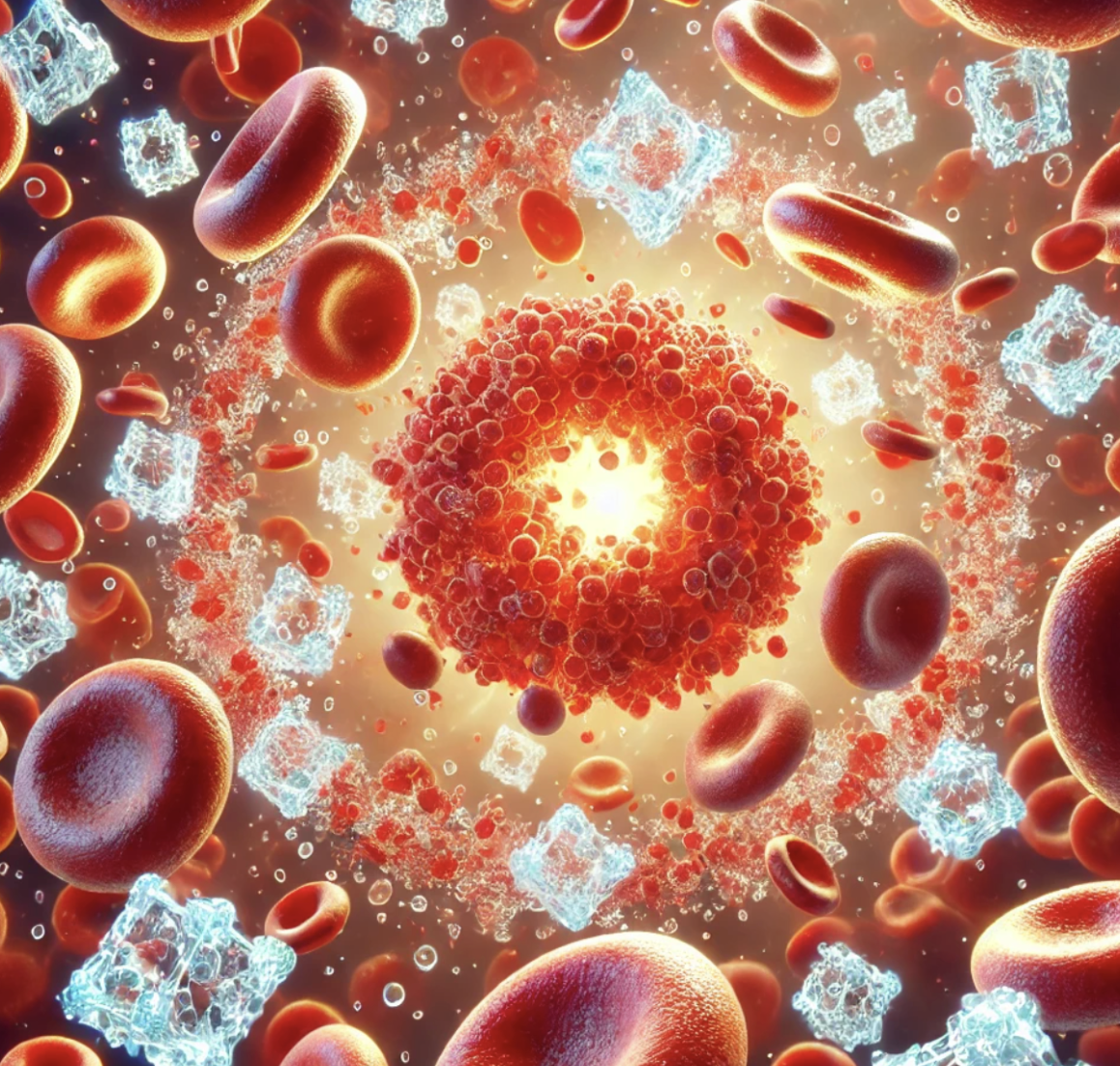Understanding insulin resistance: the key to managing Type 2 Diabetes and protecting your health
Hello, diabetes warriors! Today, I want to delve into a condition that affects millions but is often misunderstood: insulin resistance. Insulin resistance is a fundamental factor behind Type 2 diabetes, and it plays a role in several other health issues. Here at my boutique offices in Alamo (East Bay) and Fresno, we’re committed to helping you understand this condition and manage it effectively.
What is insulin and how does it work?
Insulin is an essential hormone produced by the pancreas, responsible for regulating blood sugar levels. After you eat, carbohydrates are broken down into glucose, the body’s primary fuel. Insulin acts as a “key,” unlocking the cells so glucose can enter and provide energy. Think of each cell as a door with a lock—insulin is the key that opens it, allowing glucose to enter and energize the body.
What happens when insulin resistance develops
When insulin resistance develops, the cells become resistant to insulin’s “unlocking” action. Imagine trying to open a sticky, jammed door; that’s what insulin faces. With resistance, insulin struggles to open the cell doors, forcing the pancreas to produce more insulin to push glucose into the cells. Over time, this extra work exhausts the pancreas, potentially leading to Type 2 diabetes as insulin production declines and blood glucose levels rise.
The role of intracellular fat
The core cause behind insulin resistance lies in something called intracellular fat. Unlike the body fat we see externally or around organs, intracellular fat exists inside the cells themselves. These tiny fat particles make the “doors” (cell membranes) sticky, preventing insulin from easily opening them. This buildup is often due to a combination of genetics, high-calorie intake, and foods rich in unhealthy fats, which worsen insulin resistance over time.
Why insulin resistance matters for overall health
The impact of insulin resistance stretches beyond Type 2 diabetes. It’s a leading cause of metabolic issues, heart disease, stroke, and hormonal imbalances. When your cells resist insulin, they can’t efficiently absorb glucose, affecting nearly every system in your body. Insulin resistance can lead to symptoms like fatigue, increased hunger, weight gain, and even higher cholesterol levels. Understanding insulin resistance is crucial to addressing these interconnected health risks.
Early detection and management: why timing matters
Detecting insulin resistance early is key to preventing Type 2 diabetes and related complications. By understanding insulin resistance and adopting lifestyle changes, many people can reverse its effects. In our Alamo (East Bay) and Fresno offices, we offer specialized consultations, testing, and personalized care plans to address insulin resistance head-on. Our goal is to provide you with the tools to manage blood sugar, reduce insulin resistance, and protect overall health.
How we help: comprehensive, personalized care
At our boutique offices, we support patients with a range of services, including continuous glucose monitoring (CGM) and personalized lifestyle interventions. Through individualized consultations, we provide insights into dietary modifications, exercise plans, and potential medication options to address insulin resistance. By working closely with you, we aim to improve not only your glucose management but also your quality of life.
Take control of your health
If you’re navigating the challenges of insulin resistance or Type 2 diabetes, let us help you regain control. Contact our Alamo (East Bay) or Fresno offices to schedule a consultation and begin your journey toward better health. Our team is here to provide you with expert guidance and compassionate care tailored to your unique needs.
Want to learn more?
Watch my video on insulin resistance to gain a deeper understanding of this condition and practical steps for managing it. Let’s work together to fight diabetes, improve your health, and empower you to take charge of your well-being.
📞 Call: 559-272-9192
📧 Email: hello@unifiedendocrinecare.com

